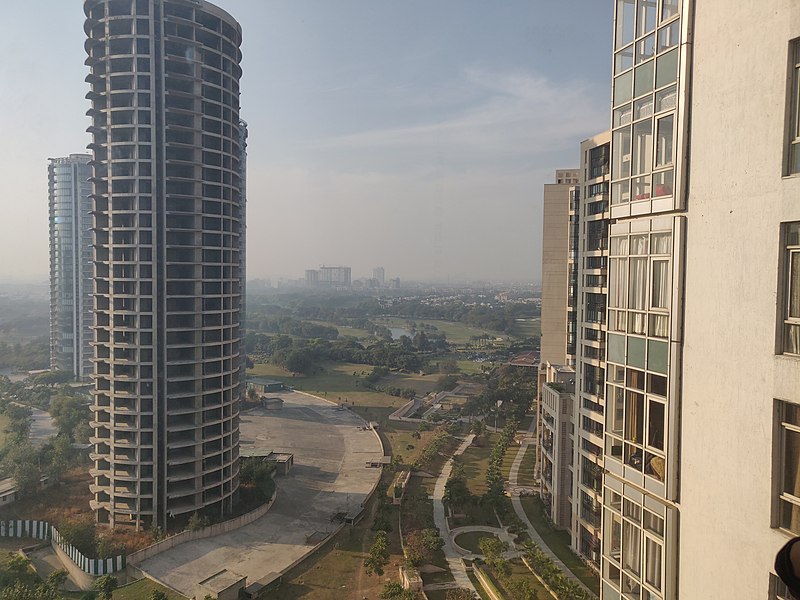

The Mortgage: Your Key to Homeownership
A mortgage is a long-term loan specifically designed for purchasing real estate. It enables you to buy a home by spreading the cost over many years. Here are the essential aspects to consider:
Mortgage Types: There are various mortgage types, including fixed-rate mortgages (with a consistent interest rate over the loan term) and adjustable-rate mortgages (with interest rates that can fluctuate). Choose the one that best suits your financial situation and risk tolerance.
Interest Rates: Interest rates can significantly impact your monthly mortgage payments. Shop around for competitive rates and consider locking in a rate when it's favorable.
Loan Term: Mortgage terms typically range from 15 to 30 years. A shorter term may result in higher monthly payments but lower overall interest costs, while a longer term can provide lower monthly payments but higher overall interest costs.
2. The Down Payment: Your Initial Investment
The down payment is the initial payment you make when buying a home. It's typically expressed as a percentage of the home's purchase price. Here are some key considerations:
Standard Down Payment: A common down payment is 20% of the home's purchase price. However, there are loan programs that allow for lower down payments, such as FHA loans (with a minimum down payment of 3.5%) or VA loans (for eligible veterans with no down payment).
Private Mortgage Insurance (PMI): If your down payment is less than 20%, you may be required to pay PMI, which protects the lender in case of default. Be aware of the additional cost it entails.
3. Closing Costs: The Hidden Expenses
Closing costs are fees associated with finalizing the home purchase. They include various expenses such as:
Title Insurance: Protects against title defects and disputes.
Appraisal Fees: The cost of appraising the property's value.
Origination Fees: Lender charges for processing the mortgage.
Escrow Fees: Covers the costs of managing and disbursing funds.
Home Inspection Fees: The cost of a professional inspection of the property.
It's essential to factor in closing costs when budgeting for your home purchase, as they can add several thousand dollars to the overall cost.
4. Pre-Approval and Pre-Qualification
Before house hunting, consider getting pre-qualified or pre-approved for a mortgage. Pre-qualification is an informal estimate of how much you can borrow based on your financial information. Pre-approval is a more formal process that involves a lender reviewing your credit and financial documents to provide a specific loan amount. Being pre-approved can give you an advantage when making offers on homes.
5. Building and Maintaining Good Credit
Your credit score plays a significant role in your ability to secure a mortgage with favorable terms. Pay your bills on time, avoid excessive debt, and regularly review your credit report for accuracy to maintain a healthy credit profile.
6. Shopping for Lenders
Different lenders offer various mortgage products and rates. It's wise to shop around and obtain quotes from multiple lenders to find the best deal. Be sure to compare not only interest rates but also closing costs and any additional fees.
In conclusion, financing your home is a critical part of the homebuying process. By understanding your mortgage options, the importance of the down payment, the impact of closing costs, and the benefits of pre-approval, you can navigate the path to homeownership with confidence. Remember to make informed decisions and consult with financial professionals or mortgage advisors to ensure you secure the right financing for your dream home.
Copyright @ Dream Chattels. All Rights Reserved Designed by Css Founder.com